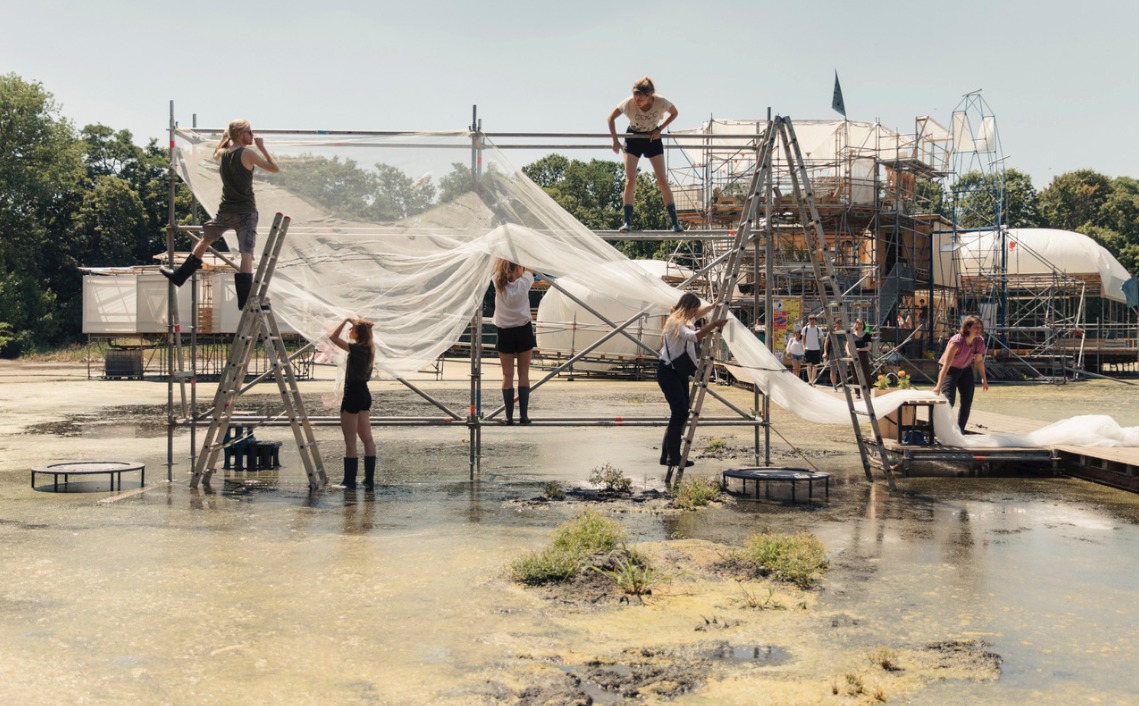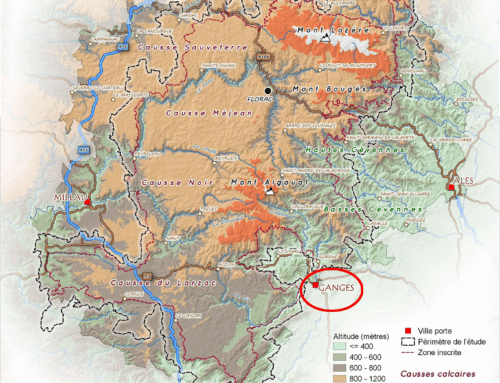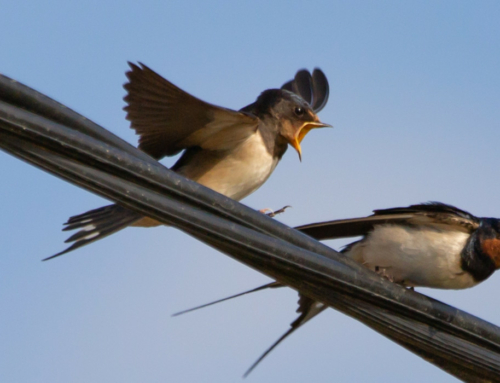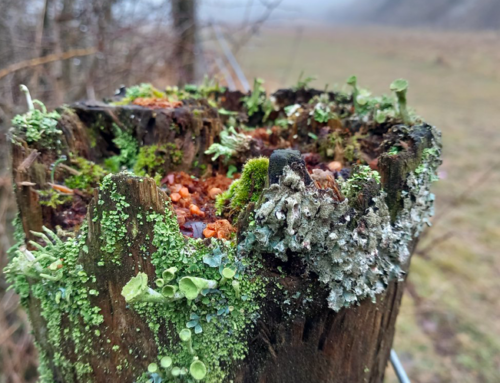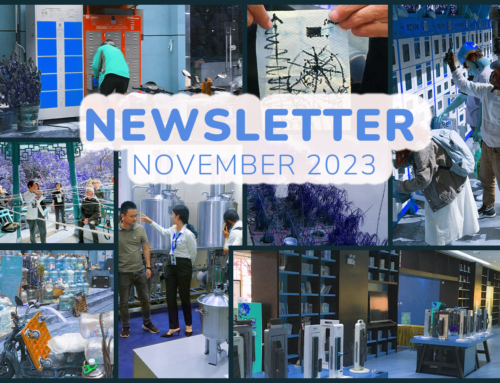“Two thirds of employees want to have a positive impact on the world”. (click to read the report)
Is this research finding a surprise? Probably not. But, for most people I know, wanting to change, and actually doing so, remain miles apart.
Most, but not all.
I just posted an update to my People Doing Stuff handout. It now lists 80 collections of case studies in which people are actually doing the kinds of good work many of us want to do – activities they care about, with people they care about, in places they care about.
My list is a small sample among thousands of grounded initiatives across the world . It includes biofences, off-grid money, water harvesting, soil care, e-waste, pocket parks, social orchards, community energy, community internet, re-used quarries, school-to-farm cantines, pollinator pathways, cable cars, cargo bikes, bird observatories…
So what’s stopping more people from adding these sorts of activity to their working lives?
There are many competing demands on our time, of course – such as earning money, or caring for children and elders. In physical and emotional energy, too, many among us are also running on empty.
But one of the biggest obstacles to change that I encounter is cognitive. Change, we are told, means finding answers to life-or-death questions: “How can we solve climate change?” “How do we change the system?”
Such questions are in large part unanswerable. That’s quite an obstacle to change.
In contrast, few of ‘my’ People Doing Stuff seem to be driven by apocalyptic questions. They’re busy meeting everyday needs with the means and resources they have to hand. Their mantra seems to be, “Don’t re-invent the wheel – but do design a better wheel”.
An easy way to test my theory – that abstraction is an avoidable obstacle to change – is the following exercise. Browse some projects in People Doing Stuff. Select one of them, and read up on it. Then, reflect on the ways you – with your particular experience, skill set, and network – might help this project, or situation, improve.
Meetups In France (4-11 July 2023: just two more places available)
A next step, after the above exercise, could be to explore what working on such a project might mean for you in practice.
That’s what out Meetups are about. They give you space and time to focus on a transitional project – such as a thesis, course, or book. Your me-time is interspersed with generative conversations – with me, your fellow residents, and the occasional mystery guest. Our cohorts at each Meetup are small (7-8 people).
Are these Meetups for you? Well, these are the kinds of project people have been bringing: edible forest garden (Canada) | knowledge sharing platform for art teachers (UK) | launching a fashion podcast (Japan) | pivoting out of the consulting industry (USA) | future of a 15C castle (Romania) | book about energy transitions in Africa (Germany) | book about ecoliteracy (USA) | design thesis on mending as connecting (England) | rural hub in a former brick factory (Portugal) | village revitalisation (Italy) | relational design masters (Wales) | rural social innovation (Poland) | municipal urban farms (China) | ecotourism and wellbeing (USA) | school in a forest (Ireland) | sustainable mobility lab (Pakistan) | founders handing on their business (NL) | planning a book about water (NL) | river daylighting (Mexico) | robotics and sustainability (Hong Kong).
